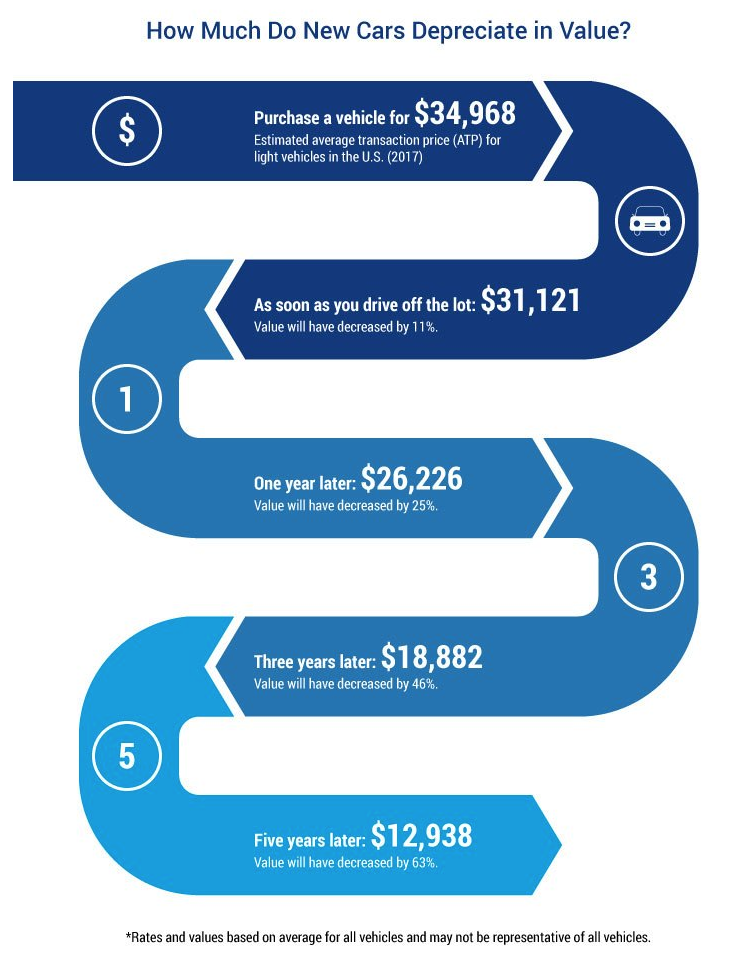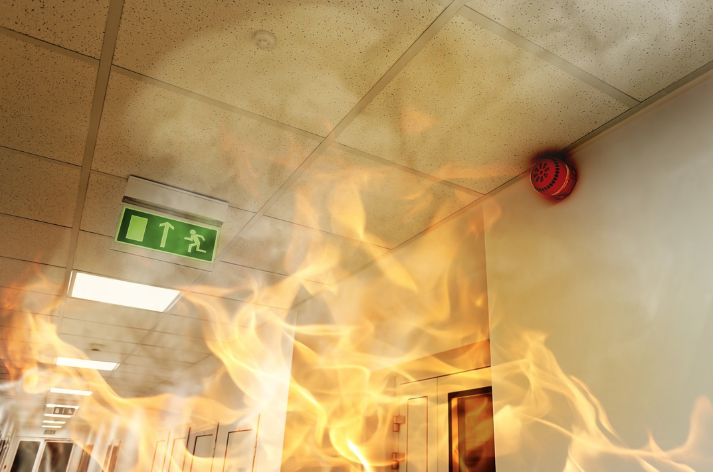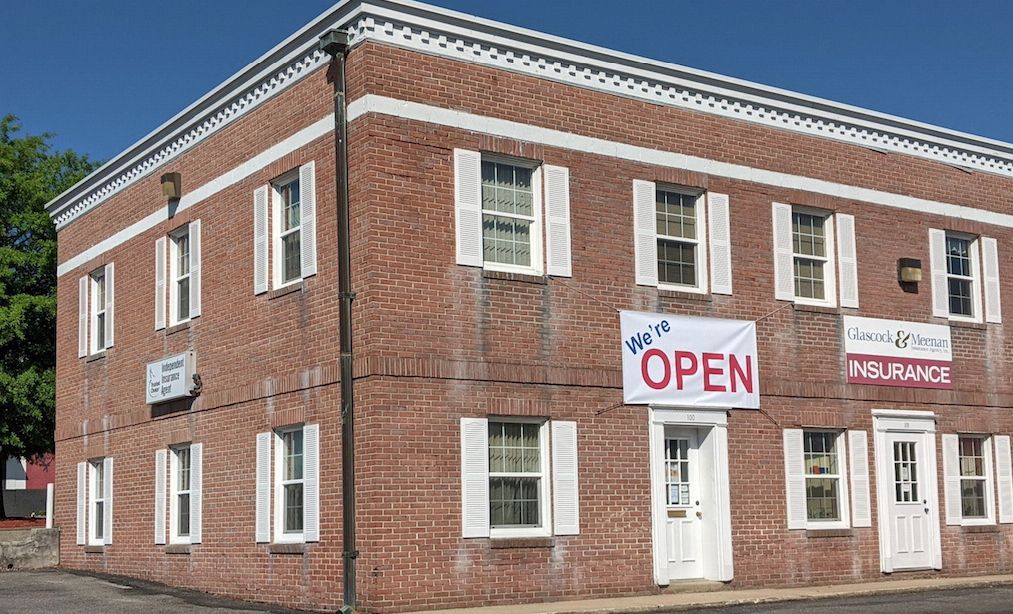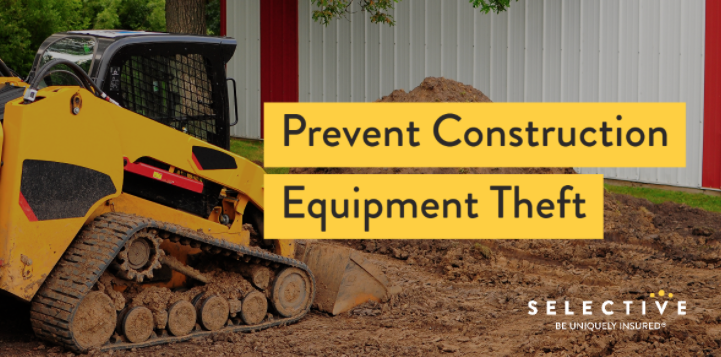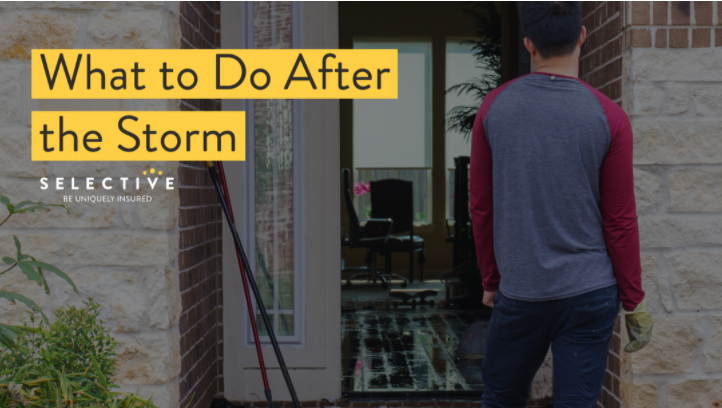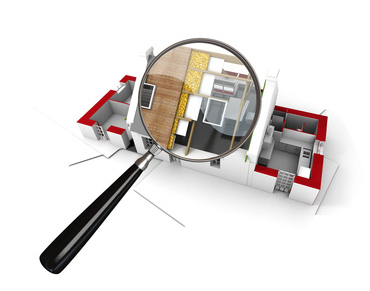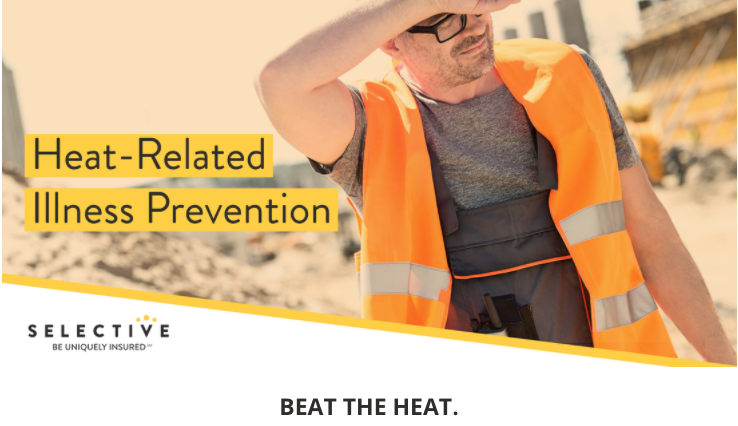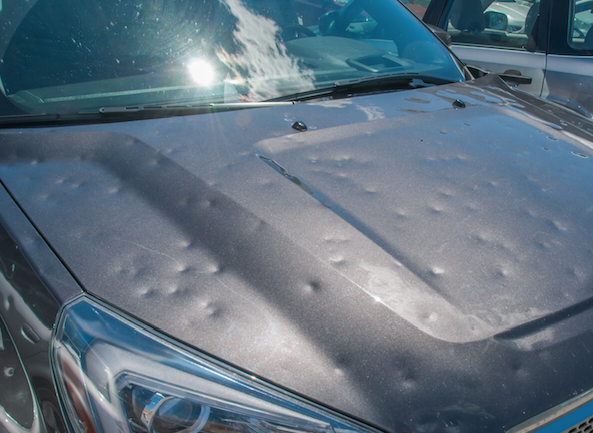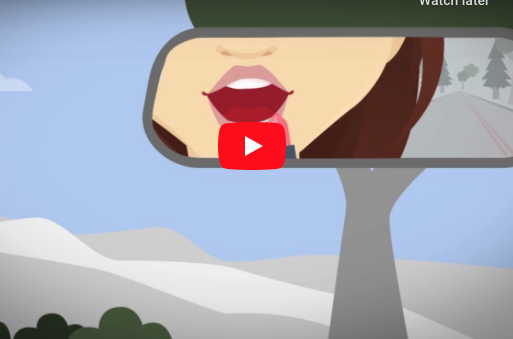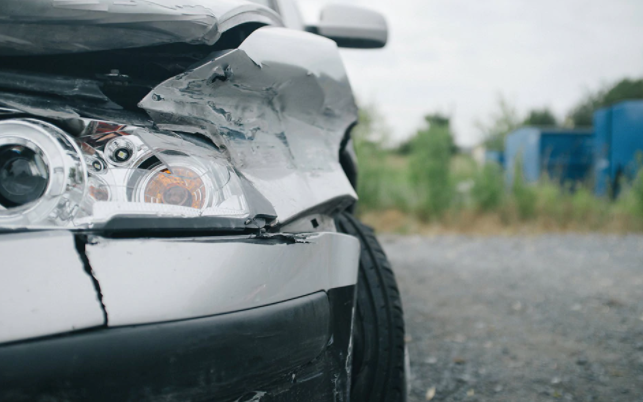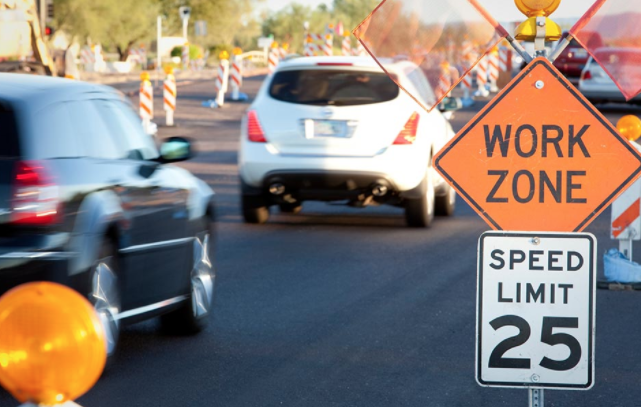This summer, get yourself, your family, or even your pet outdoors and explore the hidden natural wonders in your own backyard.
With the help of Yelp, MONEY has identified the best park in each of the 50 states as well as the District of Columbia and then spelled out the costs to visit them.
Some spots are quaint local parks, others bustling community hubs. Several are massive national parks. All were singled out by a Yelp algorithm that considered both the number of positive park reviews and its business star ratings.
MONEY then added travel costs, where available, generated from its Best in Travel database—factoring in average flight, hotel, car, and food prices. The price is based on a three-day trip for two people; if a city is identified in parentheses next to the price, it’s because we used that city rather than the park’s nearest town.
The best part? Many of these parks are free to visit. So slather on the sunscreen and don your running shoes, hiking boots, or flip-flops to check out your state’s park gem.
Alabama

Railroad Park
Birmingham, Alabama
3-day trip cost: $1,179
Admission: Free
Sometimes called “Birmingham’s front lawn,” Railroad Park offers views of the city’s skyline. You can hike, bike, or stroll along its many trails, or take one of the free weekday exercise classes.
Alaska

Tony Knowles Coastal Trail
Anchorage, Alaska
3-day trip cost: $1,605
Admission: Free
Anchorage’s best-known trail, this 11-mile path allows runners, bikers, and even skiers to take in sweeping views of Alaska’s wild beauty. You’ll see icebergs, active volcanoes, and salt marshes, plus get a glimpse of North America’s highest peak, Denali—also known as Mount McKinley. You may even come across a moose or two along the way. Read Full Article



